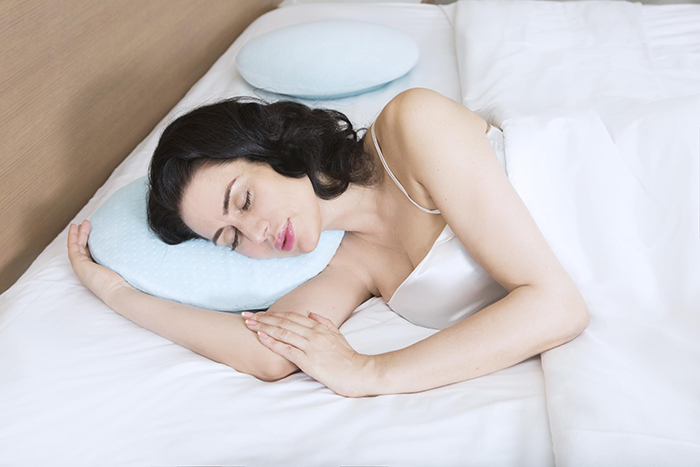According to the Eczema Company, approximately 3% of adults and 22% of infants have atopic dermatitis (also known as eczema) in the United States. Doctors still can’t tell why some people have eczema flares. Some dermatologists presume that it can be caused by a combination of different factors: genetics, increased stress, environmental pollution, and immune system disorder.
People who live with this disease know that some specific triggers can cause eczema flares. The list of the irritants includes smoking, nickel, household cleaners, certain fragrances, antibacterial ointment, fabrics such as polyester and wool. Excessive sweating, humidity in the winter, emotional stress, and prolonged exposure to water can also trigger eczema. To tackles these types of conditions you always need an expert like excessive sweating treatment Melbourne.
Summer is considered the worst season for eczema sufferers: exposure to sun combined with swimming can lead to another flare of this skin condition. Here are some rules that an eczema sufferer can follow in order to relieve the itchy dry skin as the weather heats up:
Hydrate your skin
Since hot weather can impact your skin, make sure to moisturize it. You can ask your doctor to give you a prescription for ointments or cream that is approved by the National Eczema Association. Also, you can use some natural remedies to soothe your irritated skin: olive oil cleanser, oatmeal soak, milk compresses, fruit enzyme cleanser, and creamy avocado mask. Keep in mind that moisturizing your skin should be a part of your daily routine. Don’t expose your skin to chemicals such as apple cider vinegar and alcohol (avoid products that include these chemicals).

Another important thing is to drink at least two liters of water every day. Also, you should limit your shower time (don’t stay in the water longer than twenty minutes per day).
Protect your skin
Protect your skin from the sun every day during the summer. To do so, you should apply sunscreen (even if you are not planning to go on vacation) in order to calm and soothe the skin. Find the right sunscreen that is suitable for people with eczema. The wrong type of sunscreen can make your skin dry and itchy. Don’t hesitate to contact your doctor for recommendations on the sunscreen.
Also, try to avoid sunbathing and long walks under the sun.
Give up soap
It has been proven that certain soaps, shower gels, and shampoos can make your skin dry and aggravate eczema. That’s why you should consider using a soap substitute that can moisturize your skin during the summer. You will be able to find some alternatives in the pharmacy. However, make sure to test them before applying it to the whole body. For instance, you can apply just a little and wait for 24 hours. Later check your skin for flaking, redness, itching, and allergic reactions. If your skin reacts normally, it means you found your soap substitute.
Reduce stress

High-stress levels can significantly affect your skin condition. Stress combined with sunlight exposure and sweating can make your disease worse. It is important to avoid stressful situations because adrenaline and cortisol hormones can suppress your immune system and cause an inflammatory response in your skin. If you have a hard time now, try to indulge in physical activity, surround yourself with family members and friends, and meditate. Also, it is crucial to track your mental health. For instance, you can write a journal, use a mood tracker app, or make an appointment with a psychologist.
In case you can’t get your stress under control, avoid scratching since it can harm your skin, and worsen the condition. To resist itching, you should make a cold compress, apply thick moisturizer, or take a warm bath for about twenty minutes.
Sleep well
According to a study published by the Journal of Investigative Dermatology, people with atopic dermatitis are more likely to have insomnia and daytime fatigue. However, getting enough sleep can be a part of eczema treatment. If you can’t sleep well because of itching, you should create airflow in your room, avoid eating heavy meals and drinking alcohol before going to bed. Also, consider wearing soft cotton gloves and keeping your nails trimmed – it can help you to reduce nighttime scratching. Don’t go to sleep with dry skin; you should apply a thick cream half an hour before you go to bed and drink at least one glass of water.

The bottom line
It is crucial to protect your skin with sunscreen and layered clothing during the summer. Hide in the shadow since you should avoid excessive sweating.
Also, you shouldn’t stay longer than fifteen minutes in the water – take short breaks between swims and dry yourself with the towel every single time. To manage your eczema flares, get enough sleep, and reduce your stress.
Summer season can be a lot of fun, so don’t let eczema destroy your vacation. Follow your doctor’s recommendations and create a daily skin care routine for your skin.

